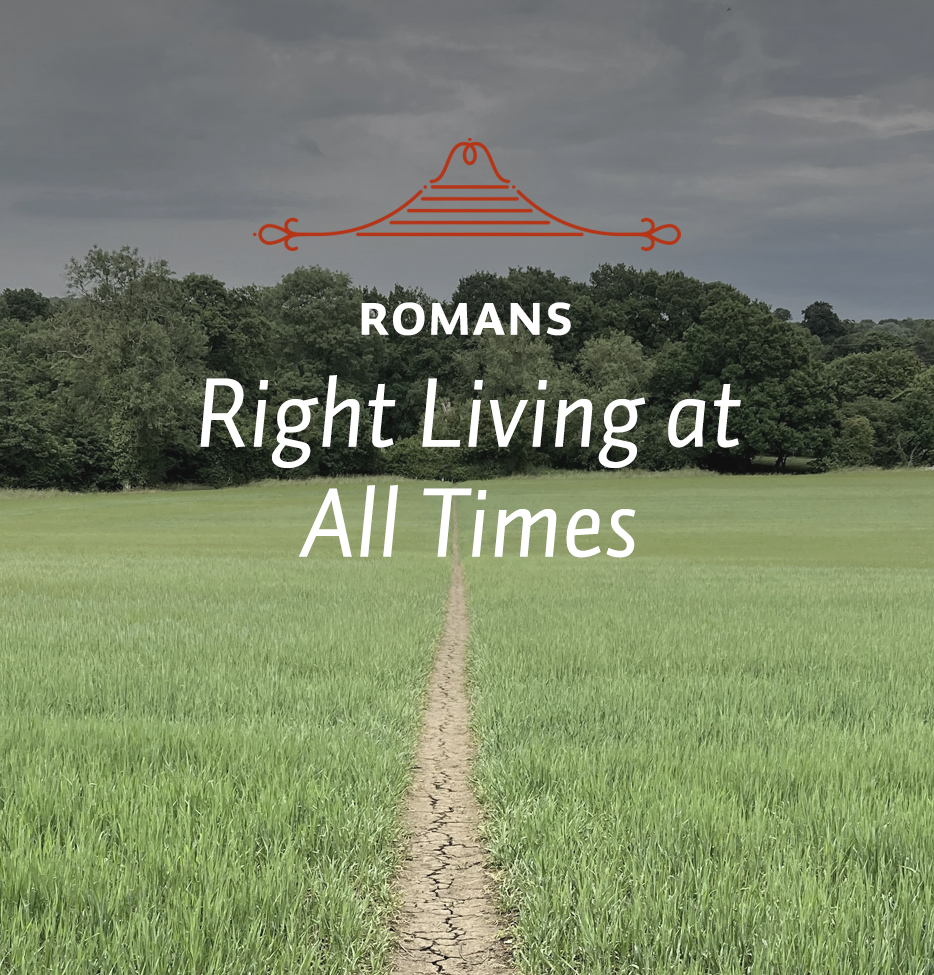In spite of everything I have said this week about America’s moral decline and the loss of a fixed moral standard for most people, the real problem is having the will to do what is right even when we know what it is.
Earlier in the week I wrote about Charles Colson and his address on ethics given to the Harvard Business School in 1991. I want to quote from his testimony.
I grew up in America during the Great Depression, and thought that the great goal of life was success, material gain, power and influence. That’s why I went into politics. I believed I could gain power and influence how people lived. If I earned a law degree— and I did at night— and accumulated academic honors and awards, it would enable me to find success, power, fulfillment, and meaning in life.
I had a great respect for the law. I learned the history of jurisprudence and the philosophy underlying it.
I studied Locke, the Enlightenment, and social contract theories as an undergraduate at Brown, and had great respect for the political process. I also had a well-above-average I.Q. and some academic honors. I became very self-righteous.
When I went to the White House, I gave up a law practice that was making almost $200,000 a year…. I took a job in the White House at $40,000 a year….
There was one thing about which I was absolutely certain: that no one could corrupt me. Positive! And if anybody ever gave me a present at Christmas time, it went right to the driver of my limousine. They used to send in bottles of whiskey, boxes of candy, and all sorts of things. Right to the driver of my automobile. I wouldn’t accept a thing.
Patty and I were taken out on someone’s boat one day. I discovered it was a chartered boat, and ended up paying for half of it because I didn’t want to give the appearance of impropriety. Imagine me worried about things like that.
I ended up going to prison….
I never once in my life thought I was breaking the law. I would have been terrified to do it because I would jeopardize the law degree I had worked four years at night to earn. I had worked my way onto the Law Review, Order of Coif, and Moot Court—all the things that lawyers do—and I graduated in the top of my class. I wouldn’t put that in jeopardy for anything in the world!
I was so sure. But, you see, there are two problems. Every human being has an infinite capacity for self-rationalization and self-delusion. You get caught up in a situation where you are absolutely convinced that the fate of the republic rests on the reelection of, in my case, Richard Nixon…. There’s an enormous amount of peer pressure, and you don’t take time to stop and think, “Wait a minute. Is this right by some absolute standard or does this seem right in the circumstances? Is it okay?”…
Second, and even more important—and this goes to the heart of the ethical dilemma in America today—even if I had known I was doing wrong, would I have had the will to do what is right? It isn’t hindsight. I have to tell you the answer is no….
I discovered that there was no restraint on the evil in me. In my self-righteousness I was never more dangerous. Even the most rational approach to ethics is defenseless if there isn’t the will to do what is right. On my own— and I can only speak for myself— I do not have that will. That which I want to do, I do not do; that which I do, I do not want to do.
It is only when I can turn to the One whom we celebrate at Easter—the One who was raised from the dead—that I can find the will to do what is right. It’s only when that value and that sense of righteousness pervade a society that there can be a moral consensus. I would hope I might leave you, as future business leaders, the thought that society of which we are a part—and for which you should have a great sense of responsibility and stewardship—desperately needs those kind of values. And, if I might say so, each one of us does as well.1
1Charles W. Colson, The Problem of Ethics, number 2 in the Sources series (Washington, D.C.: The Wilberforce Forum, 1992), 11-13, 22-23.






